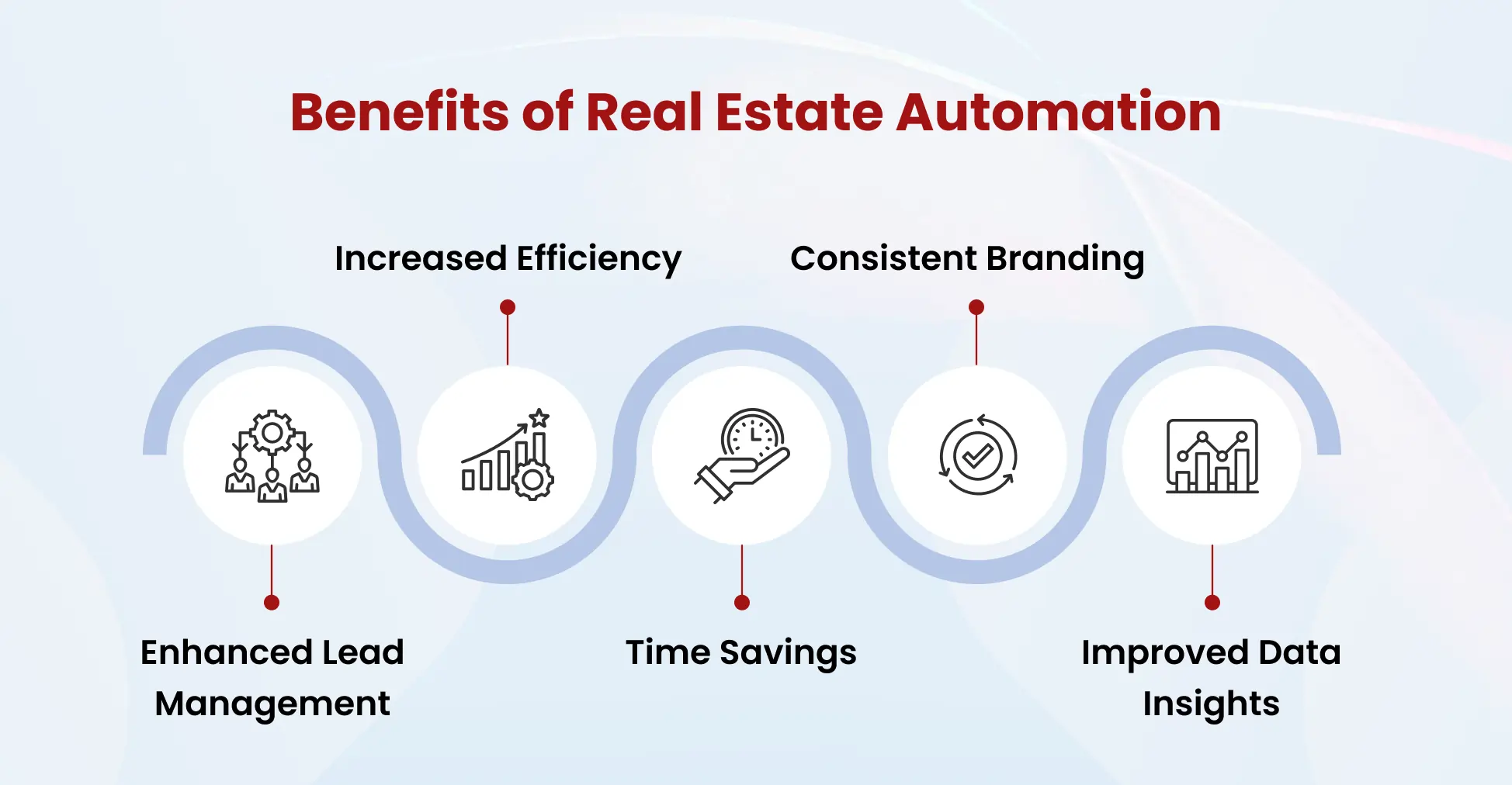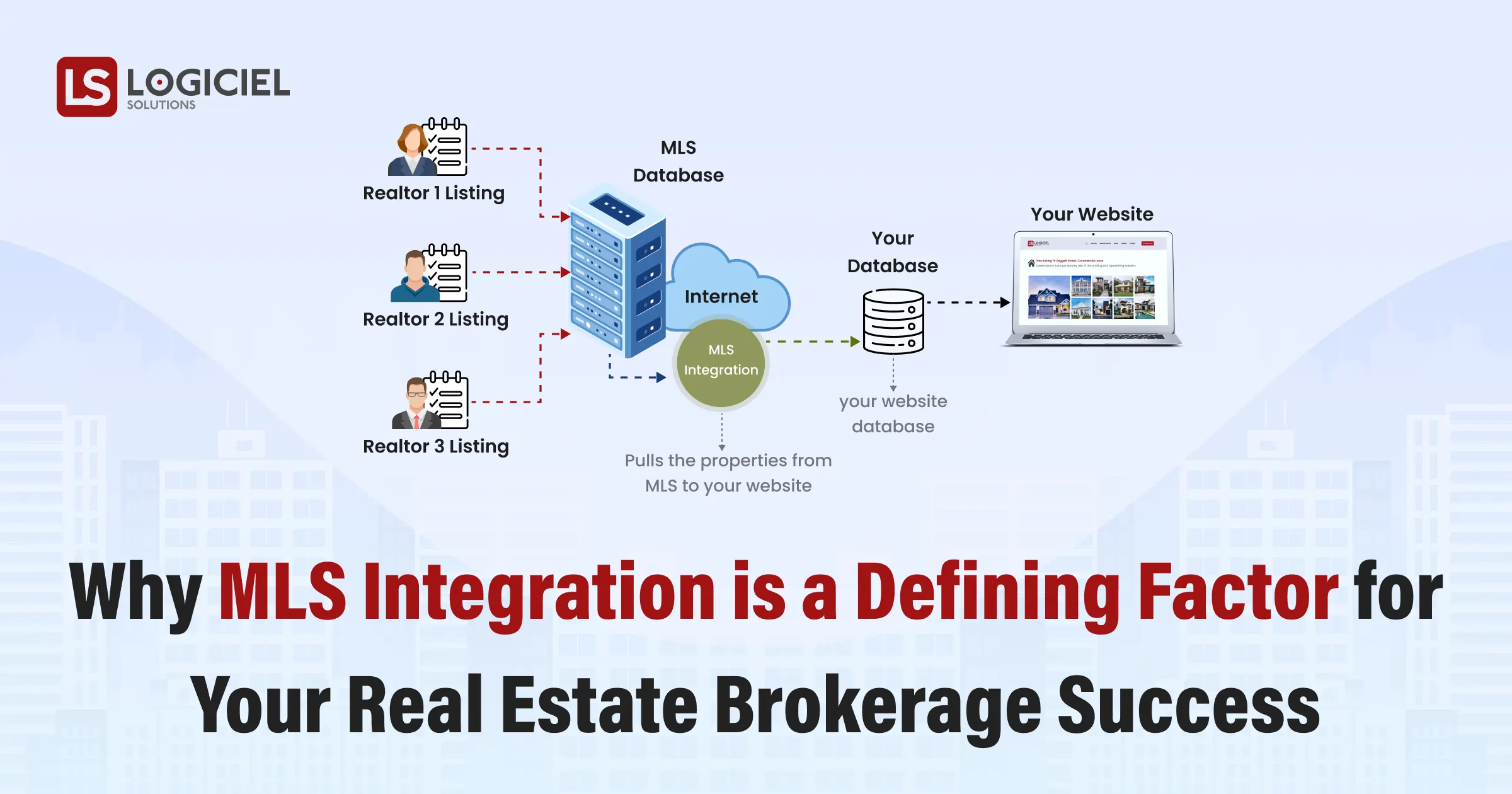Whether you’re looking for the perfect home, the best property investment, or a great rental, the first step starts with online browsing through your phone or laptop.
It’s no surprise that digital marketing is now an integral part of nearly every industry, including real estate. Real Estate Marketing Automation is changing the way buyers and sellers used to connect, communicate, and engage with each other.
While modern people prefer to browse real estate websites, listings, and even reviews online before reaching out to an agent, a recent National Association of Realtors (NAR) report highlights that 89% of buyers bought homes through a real estate agent or broker in the past year.
The same report also found that 73% of buyers tend to go with the first agent they meet, indicating that agents have a small window of opportunity to make a strong impression.
It means that just having an active online presence isn’t enough to thrive in such a highly competitive property market. Real estate professionals must connect and engage with potential buyers or clients as quickly as possible. They need to present the best property options based on the clients’ criteria of interest before anyone else, ensuring they become the first point of contact.
Since real estate agents juggle a multitude of tasks like managing listings, scheduling property tours, responding to inquiries, following up on leads, coordinating with other agents, handling contracts, and maintaining an active presence on social media, their workload can become overwhelming. This makes it challenging to connect with and nurture clients effectively.
Without Real Estate Marketing Automation, these tasks can easily pile up, leading to missed opportunities and slower response times.
By automating marketing initiatives, realtors can effortlessly manage everything, saving time in the process, and ultimately closing more deals. Let’s get into the details of Real Estate Automation:
What is Real Estate Marketing Automation
As we have already discussed, realtors have a lot on their plate and most of their tasks are repetitive and tedious. Automation comes as a great tool for them which acts as their assistant and does all their daily, repetitive tasks in an organized way.
It is like getting a helping hand that makes realtors work much easier ensuring that they achieve the bigger goals like creating great strategies and closing more deals.
Why Automated Marketing For Realtors is Critical
With so much on their plate every day, realtors often find it tough to stay on top of their marketing efforts. This can make their brokerage feel disorganized and even impact their revenue.
By automating lead generation, follow-up emails, client communication, and social media engagement, agents can streamline their workflow, ensuring they stay responsive and on top of client needs.
Automation not only helps manage the workload but also ensures agents maintain a strong, consistent presence, allowing them to focus on building relationships and closing deals efficiently in a highly competitive market.
Benefits of Real Estate Automation

1. Increased Efficiency
Automation significantly reduces the time spent on repetitive tasks. According to a report by the National Association of Realtors (NAR), agents who use marketing automation see a 14.5% increase in productivity.
Automated systems handle tasks like scheduling social media posts, sending follow-up emails, and managing client reminders. This allows agents to focus on high-value activities such as strategy development and client engagement.
For instance, automated email campaigns can send timely follow-ups and reminders, reducing the manual effort needed to stay in touch with leads.
2. Enhanced Lead Management
Automation tools excel at capturing and nurturing leads through integrated systems. For example, platforms like Salesforce and Zoho CRM automate lead tracking, scoring, and nurturing processes.
Automated workflows can send personalized follow-ups based on lead behavior, improving engagement rates. Recent Marketo’s research indicates that businesses with strong lead management practices experience revenue growth of at least 10% within 6 to 9 months.
3. Consistent Branding
Maintaining a consistent brand message across all marketing channels is crucial for building trust and credibility. Automation tools ensure that your messaging remains uniform, from email campaigns to social media posts.
This consistency can increase brand recognition by up to 23%, according to Smart Insights. Automated tools help manage and synchronize brand content, ensuring that your marketing efforts reflect a cohesive brand identity.
4. Improved Data Insights
Automation tools provide robust analytics and reporting capabilities. For example, platforms like Google Analytics and HubSpot offer detailed insights into campaign performance, user behavior, and ROI.
Real estate agents can track key metrics such as engagement rates, conversion rates, and lead sources. According to MarketingProfs, 56% of marketers use automation analytics to refine their strategies, leading to more effective marketing campaigns and better decision-making.
5. Time Savings
By automating routine tasks, agents can save significant amounts of time. According to a report by Aberdeen Group, marketing automation reduces marketing costs by 12.2% and improves marketing productivity by 14.5%.
This time savings allows agents to allocate more time to client interactions, business development, and strategic planning, ultimately enhancing their overall effectiveness and efficiency.
How to Do Real Estate Automation Right
1. Choose the Right Tools
Many surveys and reports suggest that the selection of the right tools can have major impacts on the marketing efficiency of any real estate firm. One recent report by Capterra depicts that having the right tools and technologies in your business can improve the overall operational efficiency by up to 40%.
Selecting automation tools that integrate seamlessly with your existing CRM and other systems is crucial. Popular tools include HubSpot for inbound marketing, Mailchimp for email campaigns, and Hootsuite for social media management.
2. Set Up Automated Workflows
From property listing, lead generation and nurturing, a property agent has to manage various tasks simultaneously. Bringing automation in their workflow with Real Estate Automation Software can not just maximize the operation efficiency and their productivity but also increase the chances of them closing more deals in less time.
3. Personalize Automation
We all know data is the key component of all the marketing campaigns because the success depends on how well you have organized, managed, and segmented the data based on clients choices and preferences.
Once you have a nicely segmented database, you get various opportunities to connect with your target audience or prospects. You have access to critical details like what is their budget, location preferences, and other specific criteria to make the final buying decisions.
You can use this data to tailor automated communications to individual client preferences and behaviors. Segment your email list based on criteria such as client interests and previous interactions. Stats show that personalized emails have a 29% higher open rate.
4. Monitor and Optimize
Once you integrate Real Estate Automation Software or tools into your marketing initiatives, it is critical to monitor and optimize the key metrics like how many were open, number of clicks, and finally what is the conversion rate.
Regularly monitoring and refining your automation effectiveness enables you to make critical decisions related to your marketing campaigns and achieve the ultimate marketing goals.
5. Train Your Team
Effectively Implementing Real Estate Automation is one thing but making your team ready for the changes is another to ensure success. Provide training sessions and resources to help your team integrate automation into their daily routines.
According to a report by the Digital Marketing Institute, companies that invest in training see a 30% increase in productivity and efficiency. Proper training ensures that your team can leverage automation tools to their fullest potential, maximizing the benefits for your real estate business.




